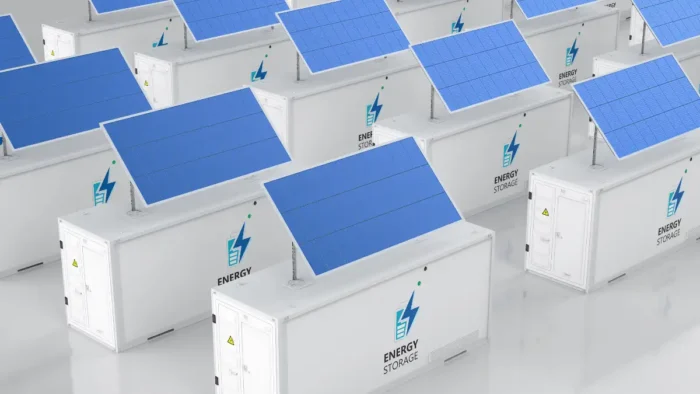There are many benefits to being an entrepreneur. You’re working and making money for yourself. You get to be your own boss. If your business is something you are passionate about, you are doing something that you love every day.
However, one of the drawbacks of entrepreneurship is that it doesn’t necessarily offer the security of being an employee. You aren’t cushioned by an entire corporation. If work doesn’t come in, you don’t get paid. Below are a few ways you can increase your security as an entrepreneur.
Emergency Savings
Everyone should have some kind of emergency savings, but if you are self-employed, it is even more important. These savings can get you through slow times and can mean the difference between having to shut down your business and being able to ride those slumps out. Many articles advise the self-employed to have as much as a year’s savings, but even a few months’ worths is better than nothing.
Related: 10 Reasons Being An Entrepreneur Is Better Than Employment
Good Insurance
One of the advantages of a regular job is getting health insurance through your employer. You shouldn’t neglect this even if you are self-employed. You should also have life insurance, particularly if you have dependents, as well as long-term care insurance. You can consider if LTC insurance is right for you by reviewing a guide on the topic. In addition, you might want to look into various types of insurance for your business. Depending on the kind of business you have, you may need some kind of liability coverage. There are also other types that can protect you against cash flow issues, such as invoice insurance, or insurance that can protect you if property damage shuts you down for a period of time.
Professionals
The price of an attorney might seem high, but errors in contracts or employee relations can be a lot higher. Similarly, you may find that a bookkeeper or an accountant quickly pay for themselves. When you need something specialized done and it isn’t your area of expertise, paying a professional is often the more frugal option in the long run.
Retirement Account
While it can be tempting to put every cent you make back into the business, you should still have some kind of retirement savings. What is available to you will vary depending on whether you are a self-employed sole proprietor or you are running a company. Your options include a solo 401(k) or a Roth, traditional, or SEP IRA. A SIMPLE IRA can be a good option if you run a company that has fewer than 100 employees. You may want to meet with a financial professional to discuss your options and the best plan for you.
📖 More similar articles
A Plan
Constant worry about the future and things that might go wrong is not a productive way to spend your time. Most of the things that you worry about never happen, and many of them are out of your control. However, you should have some contingency plans in mind for some of the more common issues that you can control, such as what you will do if business drops off or you decide to close your doors altogether.





